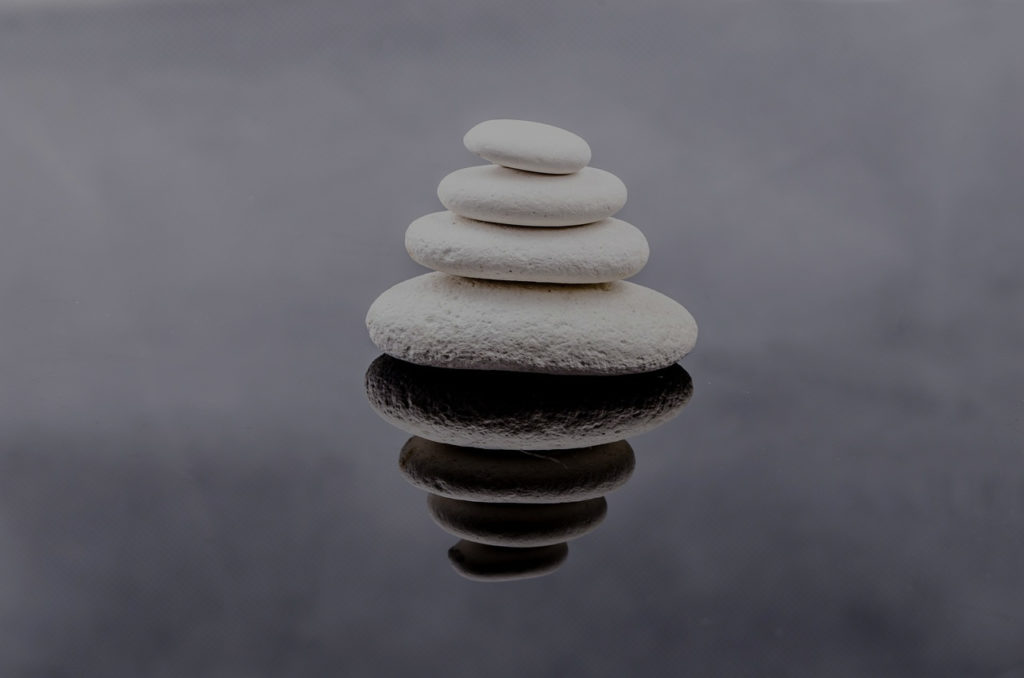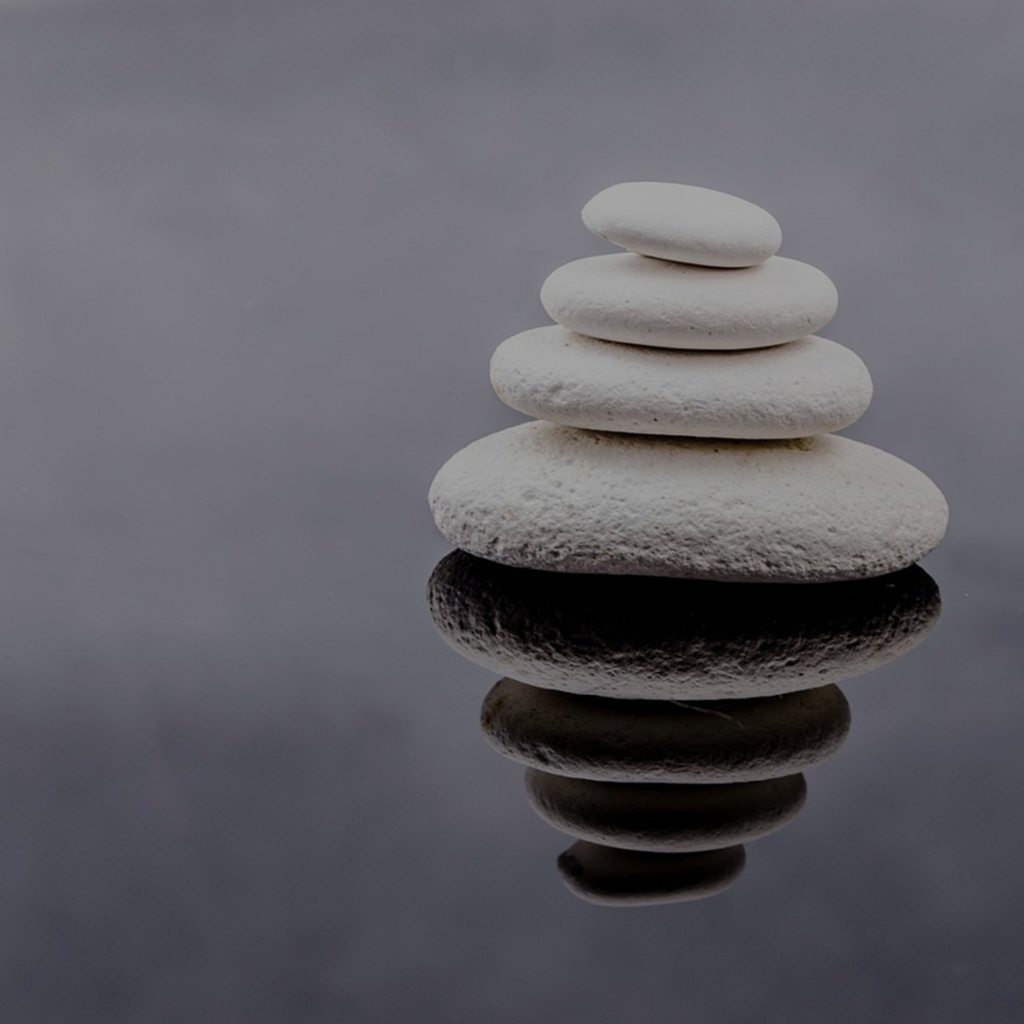Thich Nhat Hanh: The Art of Living (2017, p. 18-21)
PLEASE CALL ME BY MY TRUE NAMES
I remember one day in the 1970s, while we were working for the Vietnamese Buddhist Peace Delegation in Paris, some terri- ble news came in. Many people had been fleeing Vietnam by boat, which was always a very dangerous journey. Not only was there the danger of storms and not having enough fuel, food, or water, but also there was the risk of getting attacked by pirates, who were active along the coast of Thailand. The story we heard was tragic. Pirates had boarded a boat, stolen valuables, and raped an eleven- year-old girl. When her father tried to intervene, he was thrown overboard. After the attack, the girl threw herself overboard too. Both perished in the sea.
After I heard this news, I couldn’t sleep. The feelings of sadness, compassion, and pity were very strong. But as a practitioner, we cannot let the feelings of anger and helplessness paralyze us. So I practiced walking meditation, sitting mneditation, and mindful breathing to look more deeply i into the situation, to try to understand.
I visualized myself as a little boy born into a poor family in Thailand, my father an illiterate fisherman. From one gener- ation to the next, my ancestors had lived in poverty, without education, without help. I too grew up without an education, and perhaps with violence. Then one day, someone asks me to go out to sea and make a fortune as a pirate and I foolishly agree, desperate to finally break out of this terrible cycle of poverty. And then, under pressure from my fellow pirates, and with no coastal patrol to stop me, I force myself on a beautiful young girl.
My whole life I have never been taught how to love or understand. I never received an education. Nobody showed me a future. If you had been there on the boat with a gun, you could have shot me. You could have killed me. But you wouldn’t have been able to help me.
Meditating that night in Paris, I saw that hundreds of babies continue to be born under similar circumstances and that they will grow up to be pirates, unless I do something now to help them. I saw all of this, and my anger disappeared. My heart was full of the energy of compassion and forgiveness. I could embrace not only the eleven-year-old girl in my arms, but also the pirate. I could see myself in them. This is the fruit of the contemplation on emptiness, on interbeing. I could see that suffering is not only individual; it is also collective. Suffering can be transmitted to us by our ancestors, or it can be there in the society around us. As my blame and hatred dissipated, I became determined to live my life in such a way that I could help not only the victims, but also the perpetrators.
So, if you call me Thich Nhat Hanh, I will say, ”Yes, that is me.” And if you call me the young girl, I will say, ”Yes, that is me.'” f you call me the pirate, I will also say, ”Yes. that is me.”These are all my true names. If you call me an impoverished child in a war zone with no future, I will say, ”Yes. that is me.” And if you call me the arms merchant selling weapons to support that war, I will say, ”Yes, that is me.” All of these people are us. We inter-are with everyone.
When we can free ourselves from the idea of separateness, we have compassion, we have understanding, and we have the energy we need to help.
TWO LEVELS OF TRUTH
In everyday language, we say ””you” and ”p” and ”we” and ”they” because these designations are useful They identify who or what we are talking about, but it is important to realize they are only conventional designations. They are only relative truths, not the ultimate truth. We are so much more than these labels and catego- ries, It is impossible to draw a hard line between you and 1 and the rest of the cosmos. The insight of interbeing helps us connect with the ultimate truh of emptiness. The teaching on emptiness is not
about the ”dying” of the self. The self does not need to die. The self is just an idea, an illusion, a wrong view, a notion; it is not reality How can something that is not there die? We do not need to kill the self, but we can remove the illusion of a separate self by gaining a deeper understanding of reality.

